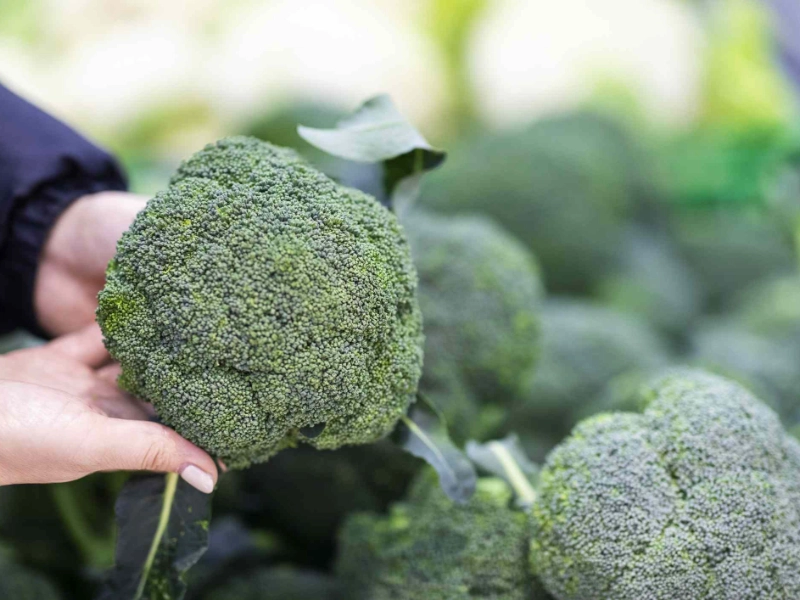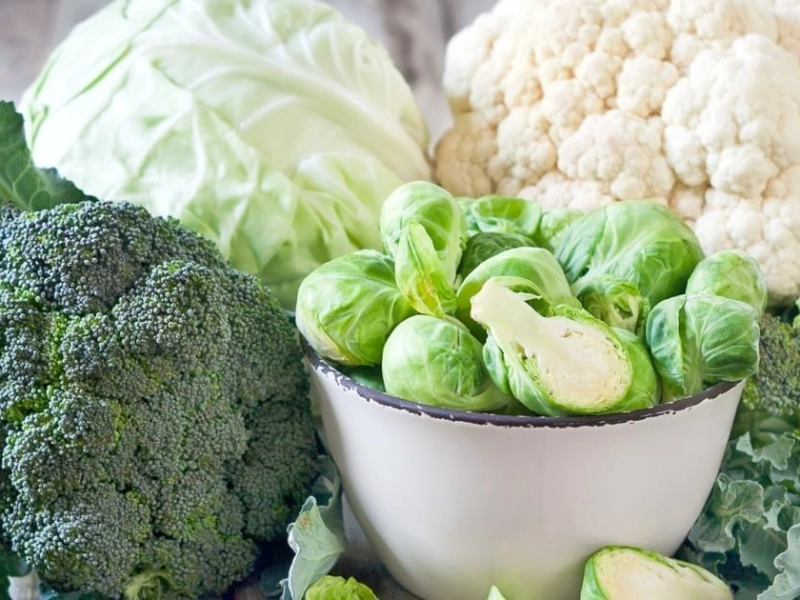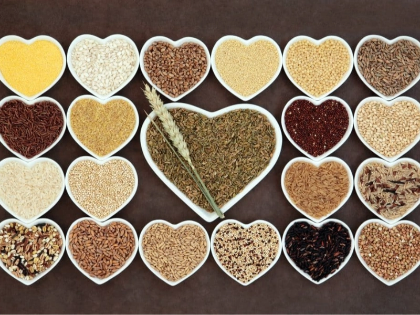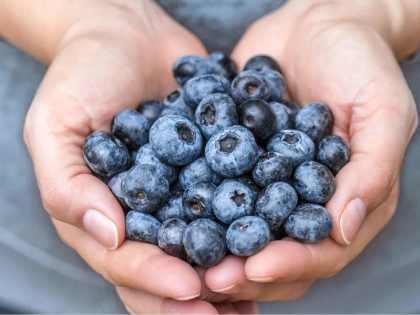Broccoli: A Natural Source of Potassium for Heart Health
1.Potassium's Value Particularly for cardiovascular function, potassium is a mineral of great importance for preserving general health. Maintaining fluid balance, controlling blood pressure, and guaranteeing correct muscle and nerve action depend on it. A diet high in potassium can help offset the effects of salt, therefore lowering the risk of hypertension and so supporting heart health. But many people lack enough potassium, hence it is crucial to find natural sources of this vital mineral.
2. Broccoli among Vegetables Rich in Potassium Along with being a great and flexible vegetable, broccoli is a major potassium supplier. About 457 milligrammes of potassium found in one cup of cooked broccoli help to account for over 10% of the daily amount advised for adults. Beyond only potassium, this nutrient-dense vegetable is a great complement to a heart-healthy diet for many other advantages. Including broccoli in meals can support general health and aid to guarantee appropriate potassium levels.

 5. Anti-inflamatory and antioxidant qualities Antioxidants abound in broccoli, including polyphenols and vitamin C that fight oxidative stress and bodily inflammation. Among many health problems, chronic inflammation is connected to heart disease. Broccoli's anti-inflammatory qualities can help you together with potassium to support heart health when included into your diet. These antioxidants lower the risk of cardiovascular problems by helping blood vessels stay free from damage, hence improving circulation.
6. Cooking Techniques to Preserve Nutrients Cooking techniques affect the potassium level and other nutrients in broccoli, so one should pay attention to them. Often advised are steaming or microwaving broccoli since these techniques aid to retain its nutritious profile. Particularly water-soluble vitamins like vitamin C, excessive cooking can cause nutritional loss. Careful preparation of broccoli will help you to enjoy its heart-healthy properties while keeping its great taste and vivid colour.
5. Anti-inflamatory and antioxidant qualities Antioxidants abound in broccoli, including polyphenols and vitamin C that fight oxidative stress and bodily inflammation. Among many health problems, chronic inflammation is connected to heart disease. Broccoli's anti-inflammatory qualities can help you together with potassium to support heart health when included into your diet. These antioxidants lower the risk of cardiovascular problems by helping blood vessels stay free from damage, hence improving circulation.
6. Cooking Techniques to Preserve Nutrients Cooking techniques affect the potassium level and other nutrients in broccoli, so one should pay attention to them. Often advised are steaming or microwaving broccoli since these techniques aid to retain its nutritious profile. Particularly water-soluble vitamins like vitamin C, excessive cooking can cause nutritional loss. Careful preparation of broccoli will help you to enjoy its heart-healthy properties while keeping its great taste and vivid colour.
 7. Marinating Broccoli with Other Potassium Sources Although broccoli is a great source of potassium, when paired with other meals high in potassium it can be even more helpful. Including a range of fruits and vegetables—bananas, sweet potatoes, spinach, avocados—helps you make sure you receive enough daily potassium. Along with potassium, a varied diet supplies other vital minerals that support heart function.
8. Broccoli Within a Heart-Healthy Diet Including broccoli in a diet geared at heart is easy and flexible. It might be a side dish, added to soups, stir-fries, salads, or stir-fries. Trying several recipes will enable you to discover fun ways to add this nutrient-dense vegetable into your meals. For instance, roasting broccoli with olive oil and garlic brings good lipids that support cardiovascular health and improves its taste.
7. Marinating Broccoli with Other Potassium Sources Although broccoli is a great source of potassium, when paired with other meals high in potassium it can be even more helpful. Including a range of fruits and vegetables—bananas, sweet potatoes, spinach, avocados—helps you make sure you receive enough daily potassium. Along with potassium, a varied diet supplies other vital minerals that support heart function.
8. Broccoli Within a Heart-Healthy Diet Including broccoli in a diet geared at heart is easy and flexible. It might be a side dish, added to soups, stir-fries, salads, or stir-fries. Trying several recipes will enable you to discover fun ways to add this nutrient-dense vegetable into your meals. For instance, roasting broccoli with olive oil and garlic brings good lipids that support cardiovascular health and improves its taste.
 9. The Value of a Complementary Diet Although heart health depends on potassium, it is also important to keep a balanced diet including several other minerals. A wide spectrum of fruits, vegetables, whole grains, lean proteins, and good fats helps support general cardiovascular health. Together with consistent exercise, a well-rounded diet helps to greatly lower the risk of heart disease and advance long-term health.
10. Synopsis of Broccoli's Advantage for Cardiovascular Function Powerful in potassium and other vital minerals, broccoli supports heart function. Its high fibre content and antioxidant qualities as well as its capacity to control blood pressure make it a great complement to any diet. Incorporating broccoli into your meals and pairing it with other foods high in potassium will help you be proactive in preserving a good heart. Including this adaptable vegetable improves your meals as well as your general health and cardiovascular condition.
9. The Value of a Complementary Diet Although heart health depends on potassium, it is also important to keep a balanced diet including several other minerals. A wide spectrum of fruits, vegetables, whole grains, lean proteins, and good fats helps support general cardiovascular health. Together with consistent exercise, a well-rounded diet helps to greatly lower the risk of heart disease and advance long-term health.
10. Synopsis of Broccoli's Advantage for Cardiovascular Function Powerful in potassium and other vital minerals, broccoli supports heart function. Its high fibre content and antioxidant qualities as well as its capacity to control blood pressure make it a great complement to any diet. Incorporating broccoli into your meals and pairing it with other foods high in potassium will help you be proactive in preserving a good heart. Including this adaptable vegetable improves your meals as well as your general health and cardiovascular condition.







